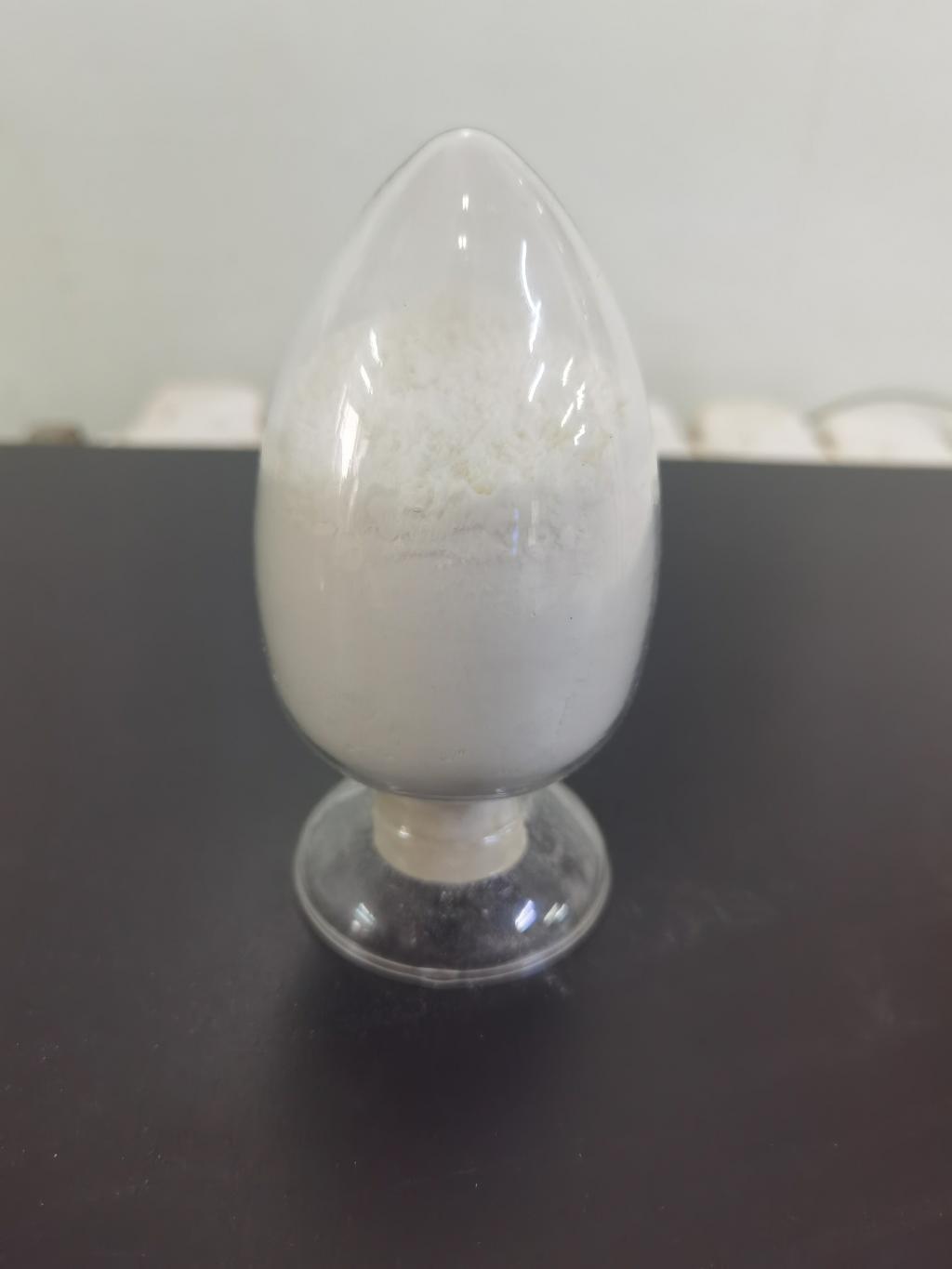Tel:+8618231198596

News
 CONTACT
CONTACT
 CONTACT
CONTACT
- Linkman:Linda Yao
- Tel: +8618231198596
- Email:linda.yao@dcpharma.cn
- Linkman:CHARLES.WANG
- Department:Overseas
- Tel: 0086 0311-85537378 0086 0311-85539701
News
ε-Polylysine hydrochloride's applications in reducing microbial contamination in products.
TIME:2023-08-22
Microbial Contamination in Beverages and Liquid Products:
Beverages, including juices, soft drinks, dairy-based drinks, and even alcoholic beverages, provide favorable environments for microbial growth due to their water content, nutrient availability, and pH levels. Microbial contamination can lead to spoilage, off-flavors, and compromised safety. Additionally, some microorganisms can produce toxins that are harmful to consumers.
ε-Polylysine Hydrochloride: A Brief Overview:
ε-Polylysine hydrochloride is a cationic homopolymer composed of lysine residues. It is produced through microbial fermentation, primarily by Streptomyces albulus. ε-PL's antimicrobial properties stem from its ability to interact with bacterial cell membranes, disrupting their structure and leading to cell death. Its safety profile, as recognized by regulatory agencies, makes it a viable option for use in food and beverage applications.
Reducing Microbial Contamination with ε-PL:
ε-PL's mechanisms of action align with its potential to reduce microbial contamination in beverages:
Cell Membrane Disruption: ε-PL's interaction with bacterial cell membranes disrupts their integrity, causing leakage of cellular components and leading to cell death.
Inhibition of Growth: By preventing the attachment and growth of microorganisms, ε-PL limits their proliferation and reduces the risk of contamination.
Applications in Beverage Preservation:
Fruit Juices: Fruit juices are susceptible to spoilage by various microorganisms. ε-PL can be added to juices to inhibit the growth of yeasts, molds, and bacteria, extending their shelf life.
Dairy-Based Drinks: Dairy-based drinks can harbor spoilage and pathogenic bacteria. ε-PL's antimicrobial action can contribute to preserving the quality and safety of these products.
Carbonated Beverages: Carbonated beverages can be difficult to preserve due to the potential for microbial growth in the carbonated environment. ε-PL's incorporation can aid in maintaining product integrity.
Alcoholic Beverages: Alcoholic beverages are not immune to microbial contamination. ε-PL can help prevent spoilage and the formation of off-flavors.
Liquid Supplements: Liquid nutritional supplements are vulnerable to microbial growth. ε-PL's antimicrobial properties can ensure the safety and efficacy of such products.
Advantages of Using ε-Polylysine Hydrochloride:
Enhanced Microbial Safety: ε-PL's mechanisms contribute to reducing microbial contamination, promoting safer beverages.
Extended Shelf Life: By inhibiting microbial growth, ε-PL helps extend the shelf life of liquid products, reducing waste.
Natural Origin: ε-PL's derivation from fermentation aligns with consumer preferences for natural and minimally processed ingredients.
Preservation without Synthetic Additives: The incorporation of ε-PL can reduce the need for synthetic preservatives, aligning with clean label trends.
Taste and Quality Preservation: ε-PL's antimicrobial action does not compromise the sensory attributes or quality of beverages.
Challenges and Considerations:
Formulation Expertise: The successful incorporation of ε-PL requires consideration of factors such as optimal concentration, interactions with other ingredients, and potential effects on taste and texture.
Regulatory Compliance: Ensuring compliance with regulatory guidelines for the use of ε-PL in beverages is essential for its safe and legal application.
Consumer Perception: Educating consumers about ε-PL's safety, benefits, and natural origin is crucial to foster acceptance.
Future Prospects and Conclusion:
ε-Polylysine hydrochloride's potential in reducing microbial contamination in beverages and liquid products offers a promising avenue for the beverage industry. As consumer demand for safer and cleaner products continues to grow, ε-PL's natural antimicrobial properties provide an effective solution to the persistent challenge of microbial growth. Ongoing research can explore ε-PL's compatibility with different types of beverages, its impact on sensory attributes, and its potential synergies with other preservation methods. With its proven efficacy, ε-PL is poised to play a significant role in enhancing the safety, quality, and consumer appeal of a wide range of liquid products.
- Tel:+8618231198596
- Whatsapp:18231198596
- Chat With Skype







